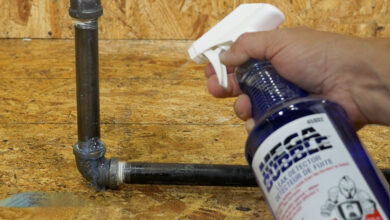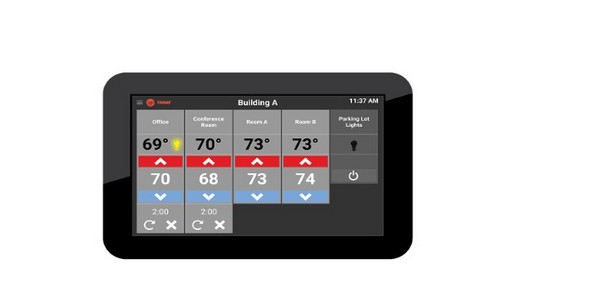Being an HVAC contractor comes with many responsibilities beyond the technical and prompt services they provide. Building and maintaining relationships with clients are vital aspects of the business that require a solid foundation of trust. Homeowners look for and appreciate contractors that have their best interest at heart, whether that is maintaining a set budget or equipping them with the most environmentally friendly, innovative materials and systems that provide peak comfort, efficiency and longevity.
To meet these demands, HVAC contractors must be up-to-date on the latest and most innovative products.
Several factors are contributing to industry-wide HVAC product upgrades and the high demand for replacements across the country, and it is not just the record summer temperatures around the country. Homeowners in need of HVAC replacements are seeking more cost-effective options that will lower energy bills — especially during peak performance periods — as well as be more environmentally friendly and reduce their home’s carbon footprint.
With new 2023 Energy Efficiency Standards on the horizon, contractors have the opportunity to offer replacement HVAC system clients more sustainable options that already meet the upcoming standards. One option that checks every box is the next generation of inverter technology heat pumps available today.
Inverter technology heat pumps are far more energy efficient, comfortable and long-term cost effective than traditional HVAC systems. Functioning as both air conditioners in the summertime and heaters in cooler months, this next generation of heat pump compressor technology runs at variable speeds to use the minimum amount of energy needed to maintain consistent comfort for temperature and humidity, while featuring ultra-quiet operation. This technology’s advanced regulation of energy output directly correlates to a decrease in utility bills and carbon footprint for homeowners, making for a highly beneficial solution HVAC contractors can feel confident in recommending to customers.
Another favorable feature of the latest generation of inverter technology heat pumps is the fact that they meet many of the requirements for available government or local rebates and tax credits for advanced systems that decrease residential carbon emissions. These rebates exist to offset the upfront cost of installing the latest technology, so homeowners across a broad financial spectrum can afford the upgrade.
The Department of Energy is aware of the efficiencies that advanced cold-climate heat pumps offer, and in February 2022 it launched the Residential Cold-Climate Heat Pump Technology Challenge. This initiative, which many HVAC manufacturers have joined, is encouraging the industry to continue to develop more advanced cold climate heat pump technology, which can effectively generate heat during colder weather without the need for inefficient auxiliary heat strips.
There are highly efficient cold-climate heat pumps that already meet the fast-approaching 2023 Energy Efficiency Standards, which as of Jan. 1, 2023, will require all newly manufactured residential and commercial air conditioners and heat pumps to have 7% higher SEER ratings than previous standards.
Most inverter systems operate at a high SEER and heating seasonal performance factor that will meet the new standards. Specifically, according to the U.S Energy Information Administration, these standards will require no less than 14 SEER for residential systems in the northern part of the United States and 15 SEER in the southern part of the United States, in addition to a minimum 8.8 HSPF. Given that these high-performing inverter technology heat pumps are only available from a few manufacturers, suppliers and contractors should begin securing their access to these products now, so that they can meet the expected demand from residential customers.
Advanced inverter technology heat pumps are the perfect solution for homes throughout all parts of the country as more states attempt to transition to more efficient forms of electric heating and cooling. What was once the combined job of air conditioners during the summer and furnaces during mild winters, can now be replaced by a single heat pump even in colder climates. This technology saves consumers money, reduces energy consumption and reduces homeowners carbon footprint.
Overall, inverter heat pump technology offers contractors the opportunity to provide homeowners a more flexible, comfortable, efficient and environmentally friendly option that already meets forthcoming energy regulations and promotes long-term cost savings.
As awareness grows with consumers, planning ahead and securing supply of this new technology is paramount for HVAC contractors to be able to provide customers with the solution they will be asking for.
David Rames is senior product manager at Midea America Corp. He can be reached at david.rames@midea.com.




